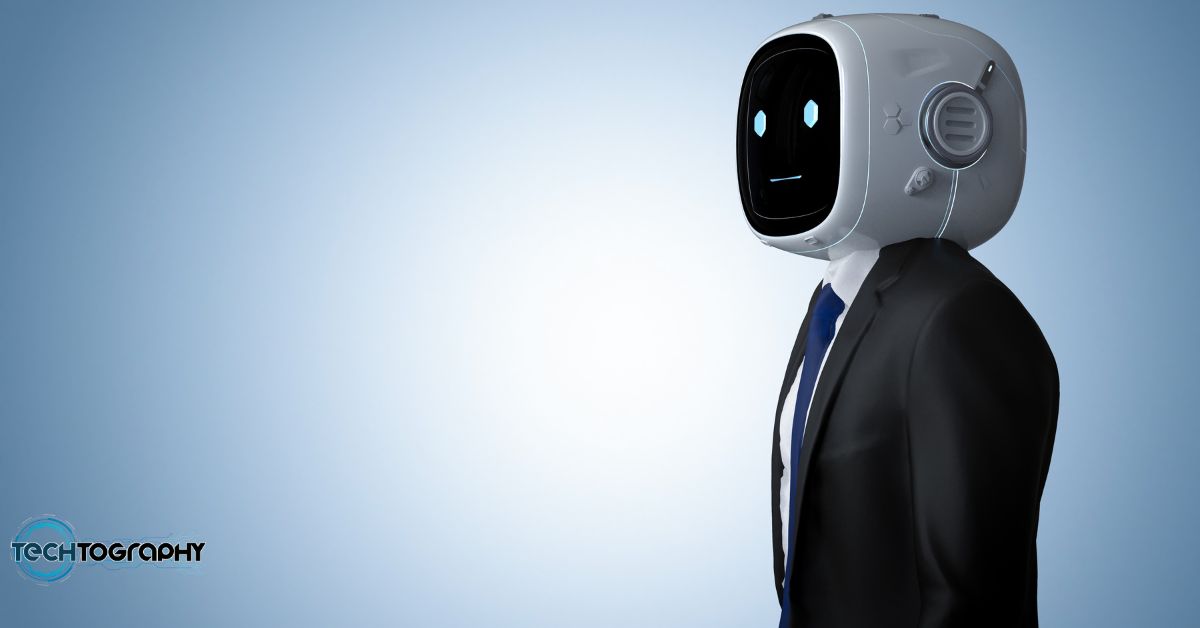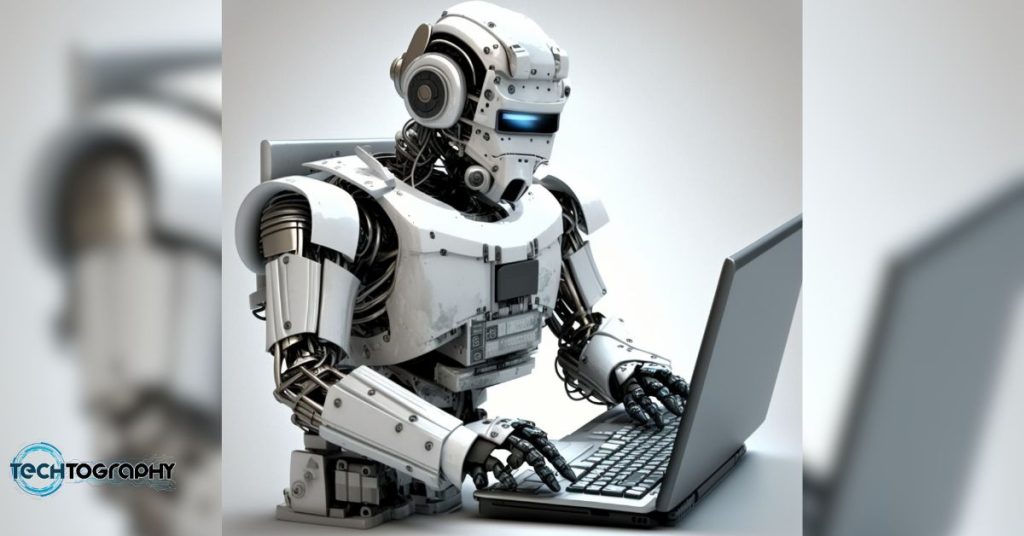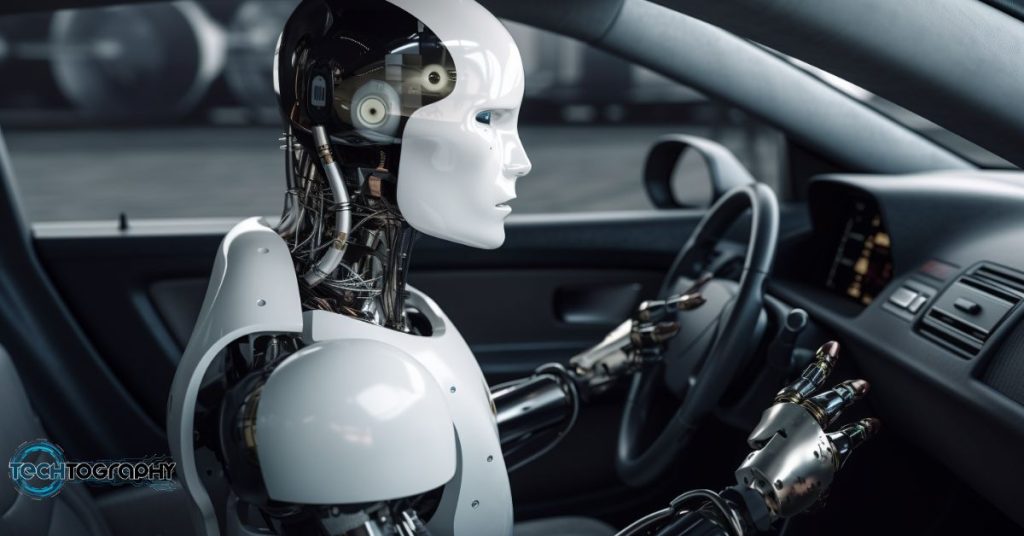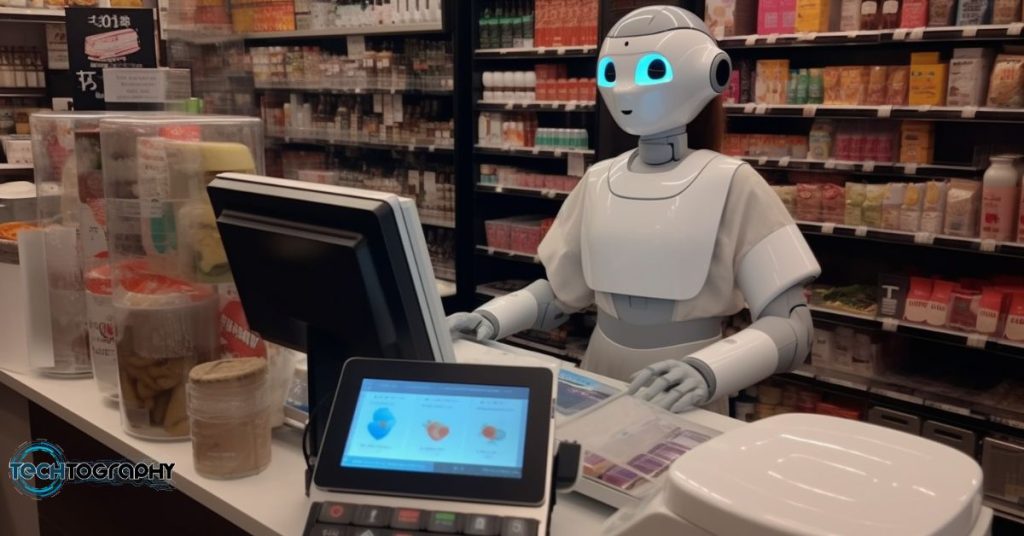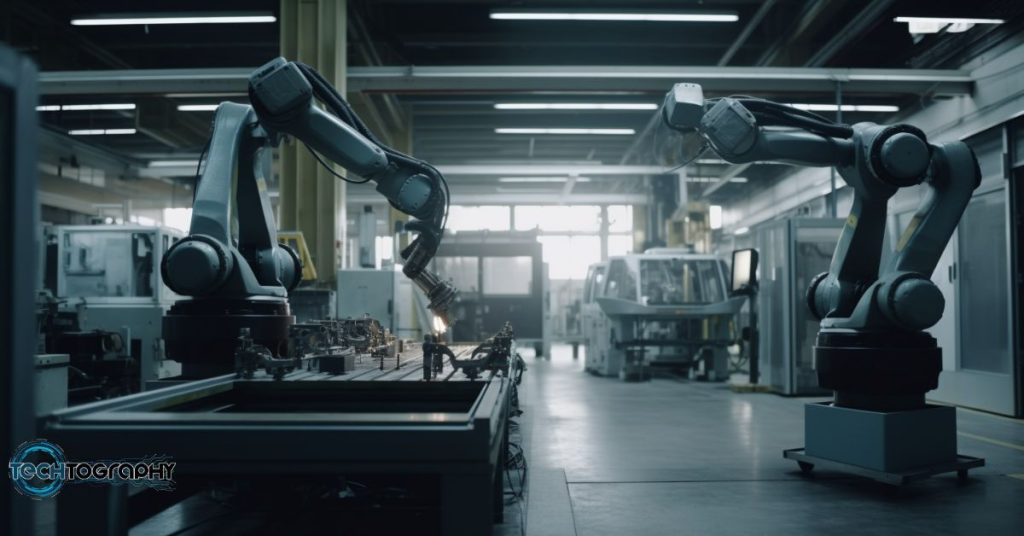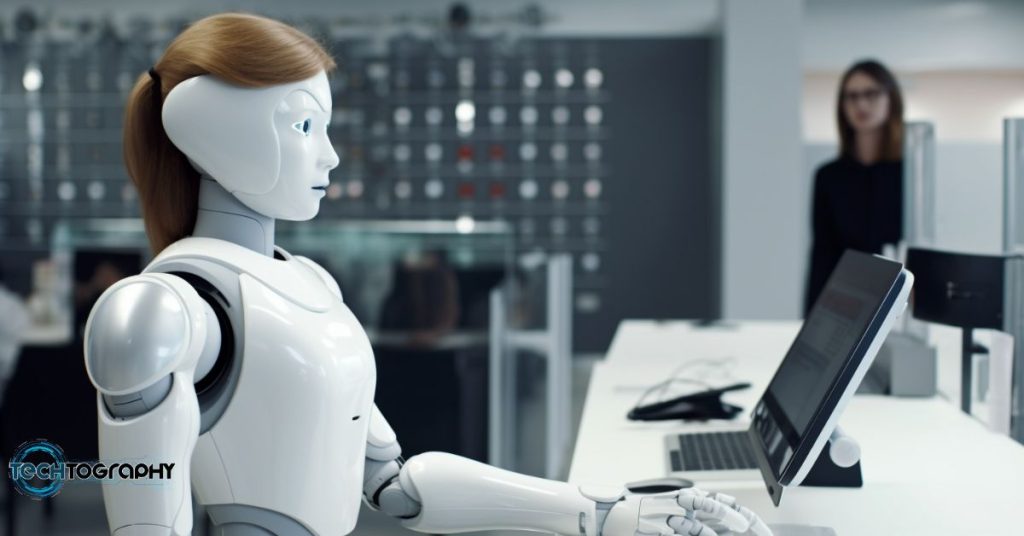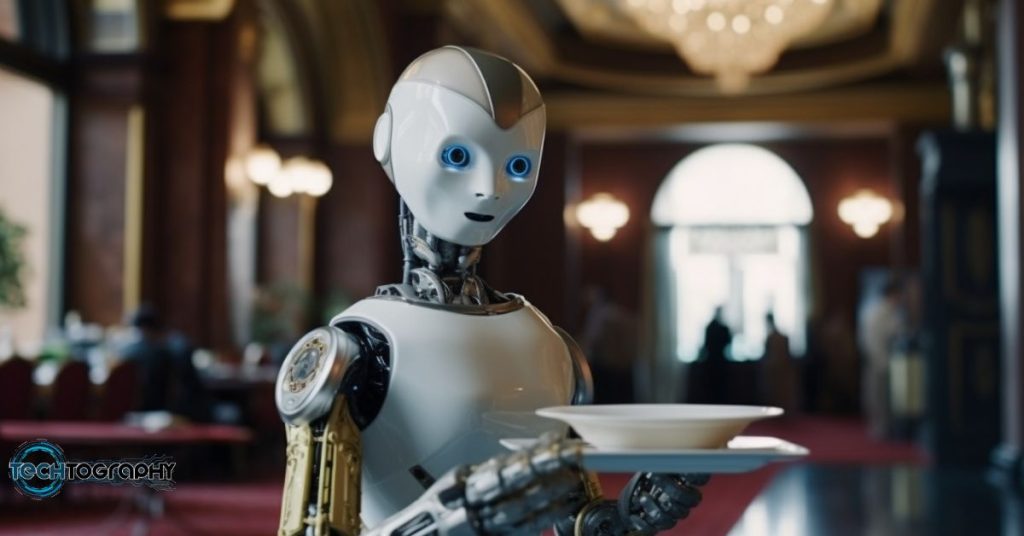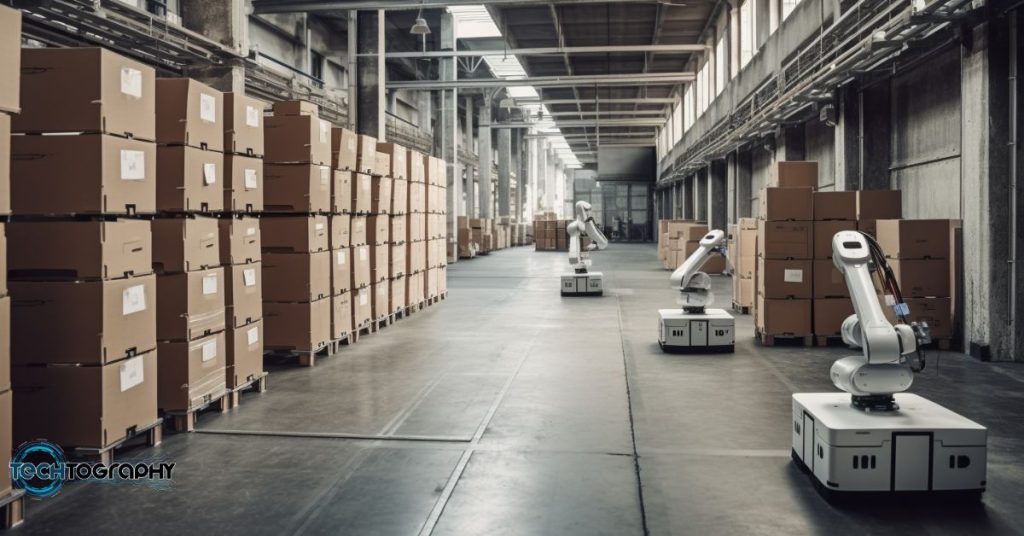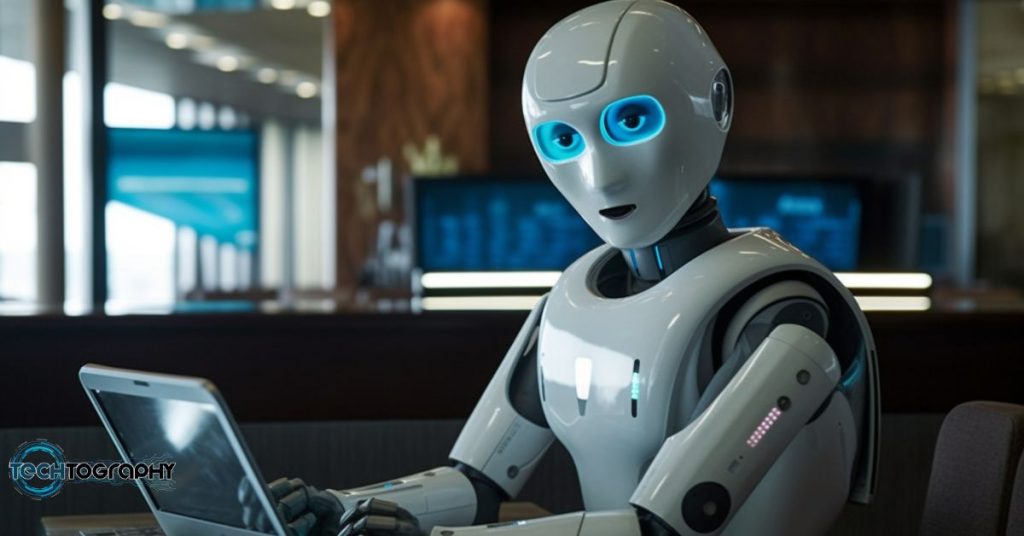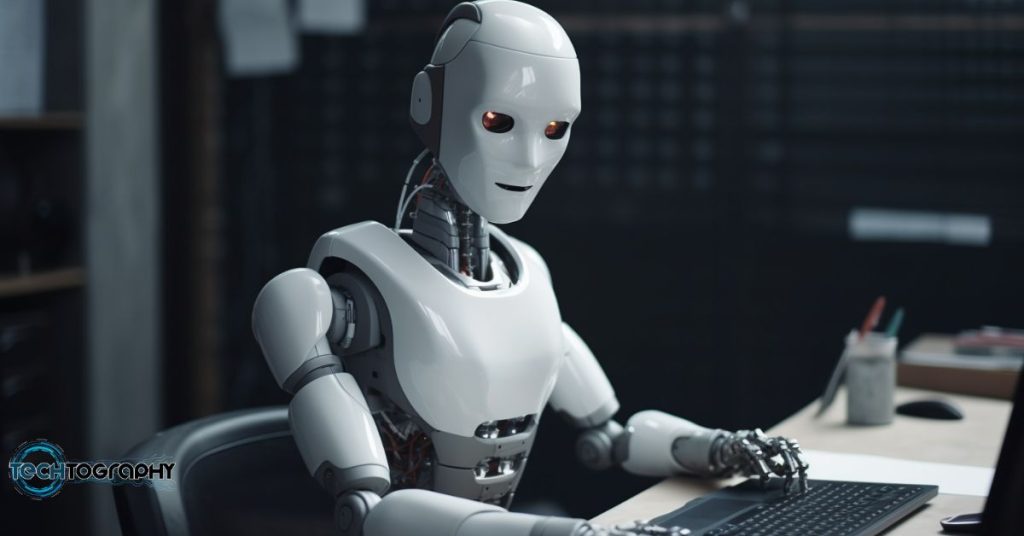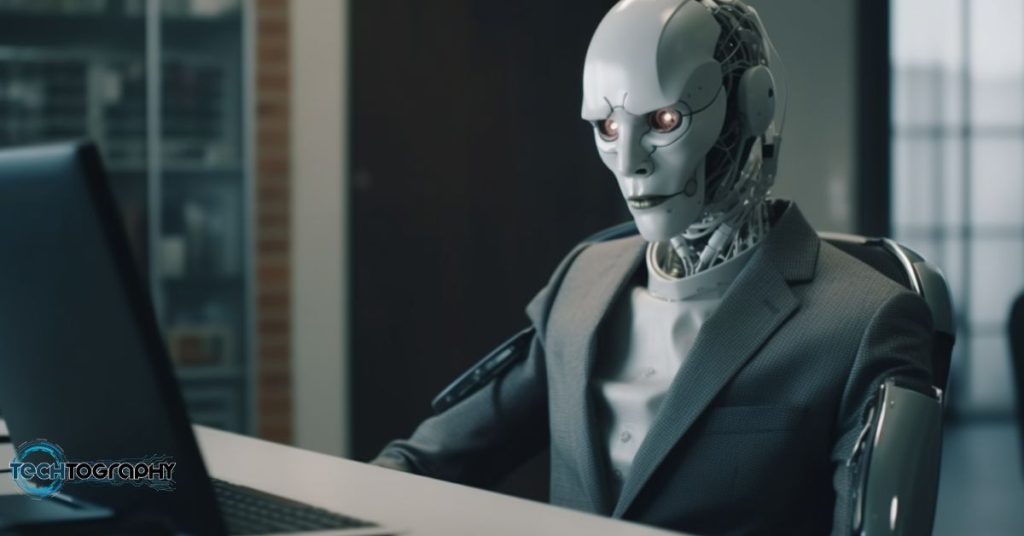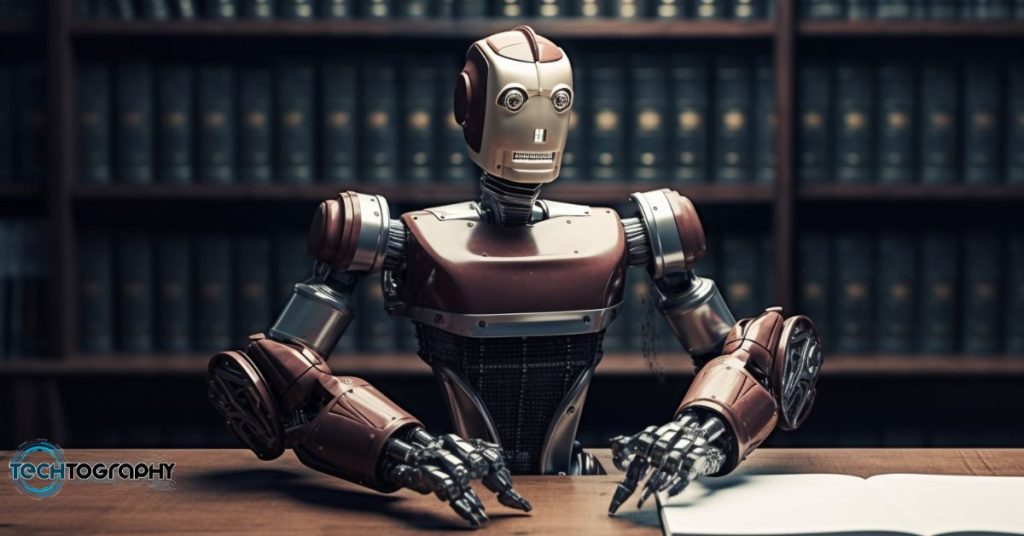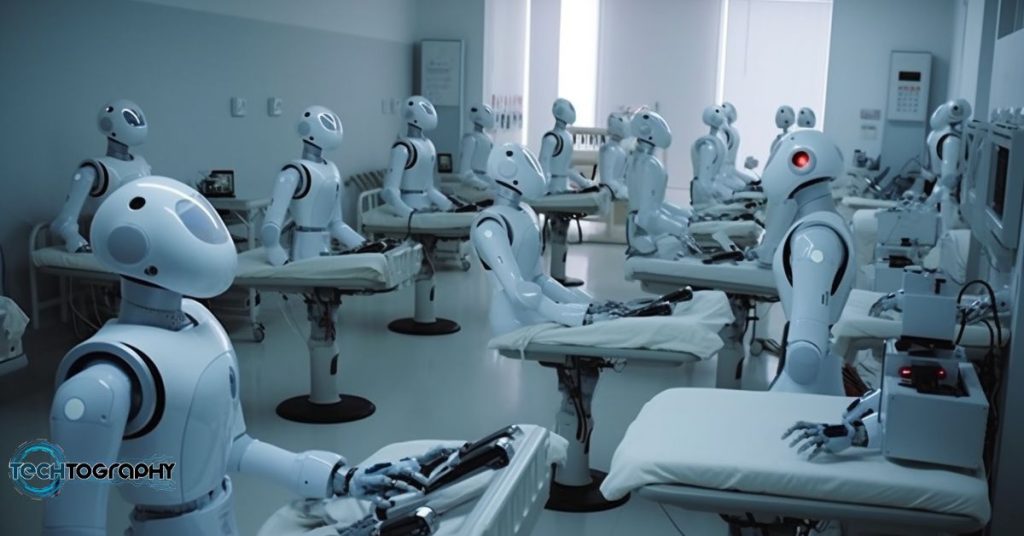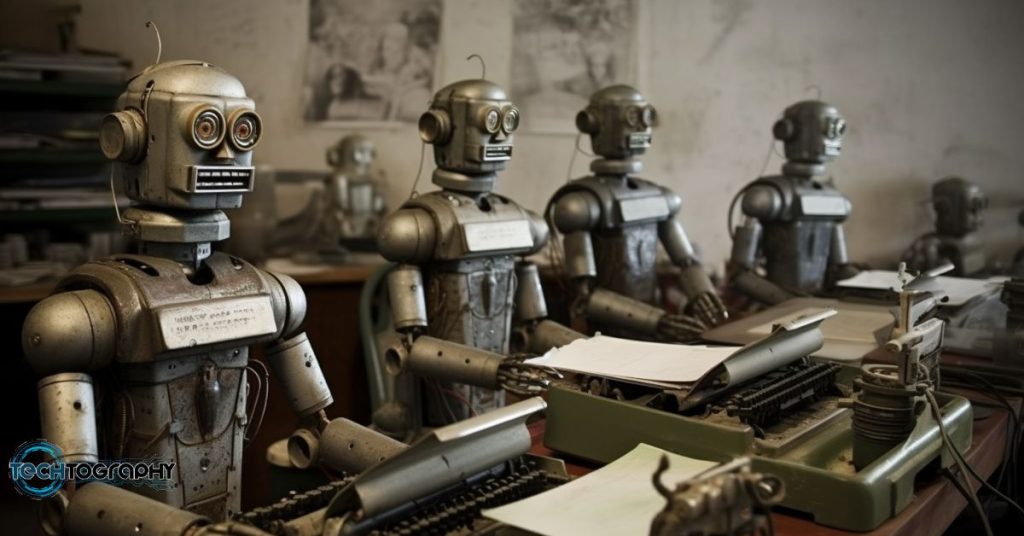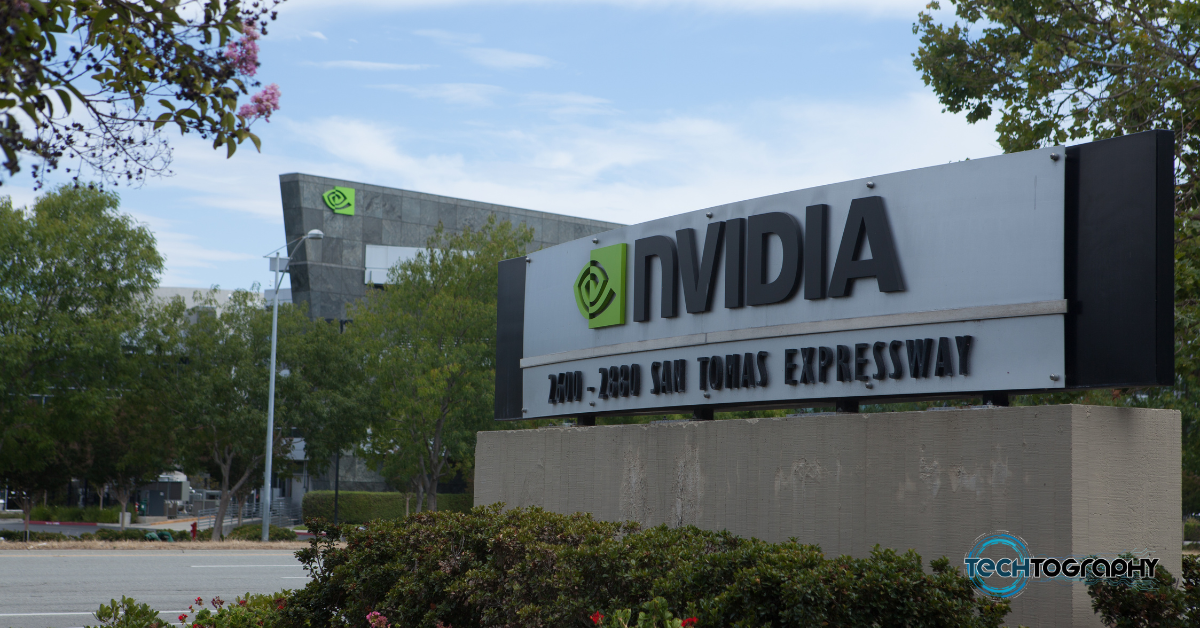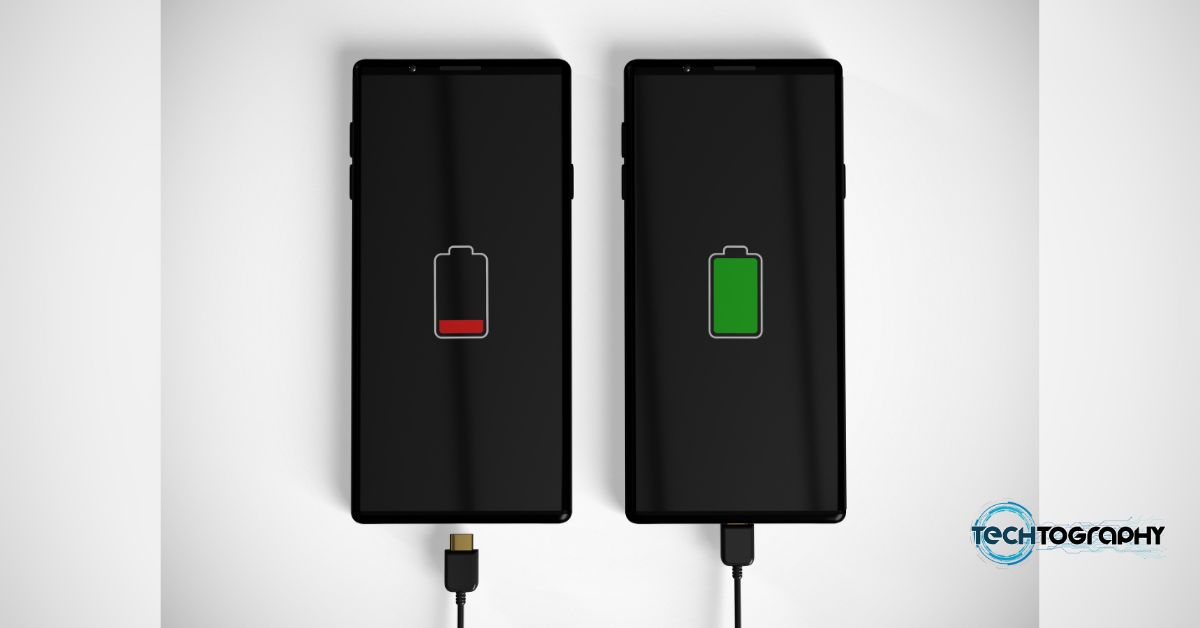In this Blog Post:
As artificial intelligence (AI) continues to make strides in improving our lives, the landscape of the job market is also undergoing a rapid transformation. AI’s potential to replace or significantly alter various jobs has become an increasingly important topic of discussion. In this article, we explore five jobs that are on the brink of becoming obsolete due to the advancements in AI.
1. Customer Service Representatives:
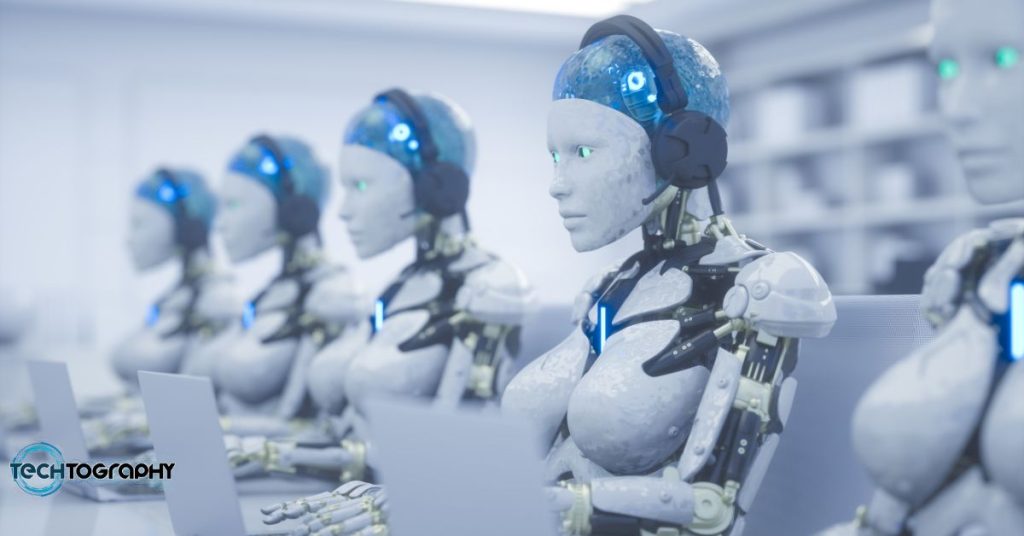
AI-powered chatbots and virtual assistants are already replacing human customer service representatives in numerous industries. These AI solutions can handle multiple customer queries simultaneously, provide instant responses, and work 24/7 without needing breaks or vacations. As AI becomes more sophisticated and capable of understanding complex requests, we can expect the demand for human customer service representatives to decline.
2. Data Entry Clerks:
Data entry is a repetitive and time-consuming task that is highly susceptible to human error. AI algorithms have proven to be more efficient and accurate at processing and organizing large volumes of data. As these algorithms become more advanced and cost-effective, we can expect data entry positions to be replaced by AI-driven systems in the near future.
3. Drivers:
With the advent of self-driving cars and autonomous vehicles, the need for human drivers in industries like trucking, delivery, and taxi services is dwindling. As AI-powered vehicles become more reliable, safer, and widespread, we can expect a significant reduction in the demand for drivers in these sectors.
4. Retail Cashiers:
Automated checkout systems and self-service kiosks are becoming more prevalent in stores worldwide. As AI and computer vision technologies advance, these systems will be able to recognize and process purchases more accurately and efficiently than human cashiers. The shift toward contactless and digital payments will further accelerate this trend, leading to the eventual obsolescence of retail cashier jobs.
5. Manufacturing and Assembly Line Workers:
Robotics and AI have already replaced many manufacturing jobs, particularly those that involve repetitive tasks. As AI-controlled robots become more versatile, affordable, and capable of handling intricate tasks, they will replace even more manufacturing and assembly line positions.
6. Bank Tellers:
AI-driven systems and self-service kiosks are increasingly handling routine transactions in banks, reducing the need for human tellers. As digital banking services become more sophisticated, we can expect a decline in demand for traditional bank teller positions.
7. Fast Food Cooks and Servers:
Automated food preparation and order-taking systems are gaining popularity in the fast-food industry. As these systems become more efficient, we can expect a significant reduction in the need for human cooks and servers.
8. Warehouse Workers:
AI-powered robots and automation are streamlining warehouse operations, making it easier to sort, pack, and ship items. As these technologies advance, warehouse worker positions will likely become obsolete.
9. Travel Agents:
AI-driven travel booking platforms and virtual assistants are already replacing traditional travel agents, offering personalized recommendations and managing bookings with ease. As AI becomes more adept at understanding customer preferences, the need for human travel agents will continue to decline.
10. Transcriptionists:
AI-powered transcription software is increasingly accurate and efficient, making manual transcription services less necessary. As these tools improve, transcriptionist jobs may become obsolete.
11. Insurance Underwriters:
AI algorithms can assess risk and process insurance applications more quickly and accurately than humans. As these systems become more advanced, insurance underwriter positions will likely be replaced by AI-driven processes.
12. Paralegals and Legal Assistants:
AI can perform many of the research and document-review tasks typically handled by paralegals and legal assistants. As AI-powered legal software becomes more sophisticated, we can expect a decrease in demand for these positions.
13. Medical Diagnosticians:
AI has shown promise in diagnosing medical conditions using imaging and data analysis. As these technologies improve, they may eventually replace or significantly reduce the need for human medical diagnosticians.
14. Journalists and News Writers:
AI-powered news-writing algorithms can generate articles and reports quickly and accurately, potentially replacing human journalists and news writers in some instances. Although AI-generated content may lack the nuance and creativity of human writers, the demand for news writers may decline as AI becomes more proficient.
Conclusion:
While AI is poised to replace or alter many jobs, it is crucial to remember that this transformation will also create new opportunities in fields like AI development, data analysis, and human-machine collaboration. Adapting to these changes and staying ahead in the evolving job market will be essential for individuals and organizations alike.
